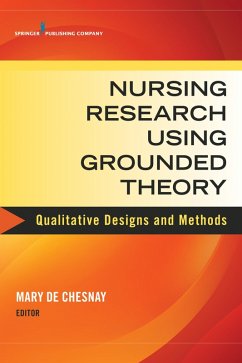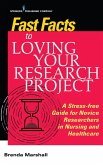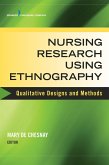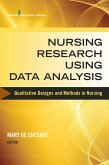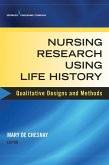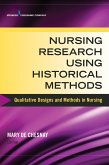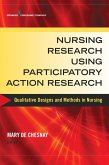Grounded theory, often considered the parent of all qualitative research, is a complex approach used to develop theory about a phenomenon rooted in observation of empirical data. Widely used in nursing, grounded theory enables researchers to apply what they learn from interviewees to a wider client population.
This is a practical "how to" guide to conducting research using this qualitative design. It is part of an innovative series for novice researchers and specialists alike focusing on nine state-of-the-art methodologies from a nursing perspective. International scholars of grounded theory discuss the theoretical rationale for using this design, describe its components, and delineate a plan for generating theory using grounded theory methodology. Examples from published nursing research, with author commentary, help support new and experienced researchers in making decisions and facing challenges.
The book describes traditional and focused grounded theory, phases of research, and methodology from sample and setting to dissemination and follow-up. It encompasses state-of-the-art research about grounded theory with an extensive bibliography and resources. Varied case studies range from promoting health for an overweight child to psychological adjustment of Chinese women with breast cancer to a study of nursing students' experiences in the off-campus clinical setting, among many others. The book also discusses techniques whereby researchers can ensure high standards of rigor. Each chapter includes objectives, competencies, review questions, critical thinking exercises, and links to web resources. With a focus on practical problem solving throughout, the book will be of value to novice and experienced nurse researchers, graduate teachers and students, in-service educators and students, and nursing research staff at health care institutions.
Key Features:
This is a practical "how to" guide to conducting research using this qualitative design. It is part of an innovative series for novice researchers and specialists alike focusing on nine state-of-the-art methodologies from a nursing perspective. International scholars of grounded theory discuss the theoretical rationale for using this design, describe its components, and delineate a plan for generating theory using grounded theory methodology. Examples from published nursing research, with author commentary, help support new and experienced researchers in making decisions and facing challenges.
The book describes traditional and focused grounded theory, phases of research, and methodology from sample and setting to dissemination and follow-up. It encompasses state-of-the-art research about grounded theory with an extensive bibliography and resources. Varied case studies range from promoting health for an overweight child to psychological adjustment of Chinese women with breast cancer to a study of nursing students' experiences in the off-campus clinical setting, among many others. The book also discusses techniques whereby researchers can ensure high standards of rigor. Each chapter includes objectives, competencies, review questions, critical thinking exercises, and links to web resources. With a focus on practical problem solving throughout, the book will be of value to novice and experienced nurse researchers, graduate teachers and students, in-service educators and students, and nursing research staff at health care institutions.
Key Features:
- Includes examples of state-of-the-art grounded theory nursing research with content analysis and extensive bibliography
- Describes types of grounded theory, phases of research, and methodology
- Provides case studies including description, data collection and analysis, and dissemination
- Written by international scholars of grounded theory research
Dieser Download kann aus rechtlichen Gründen nur mit Rechnungsadresse in A, D ausgeliefert werden.

